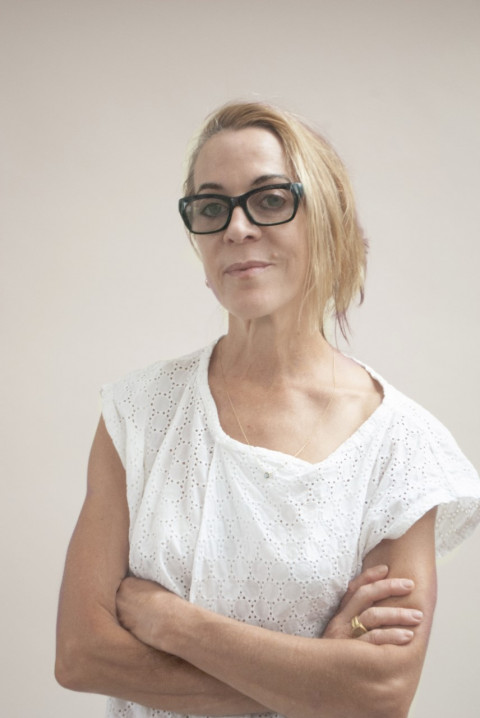
The COVID-19 pandemic threw a spotlight on many pre-existing issues in Chicago, including the fragility of our food systems across the city’s neighborhoods. And yet a growing number of artists, activists, and architects are creatively re-imagining everything from recipes to rooftops to restaurants as ways of more tightly weaving our urban life to the natural abundance of our region’s agricultural rhythms.
Join Chicago Studies, Professor of Visual Arts (and avid urban gardener) Laura Letinsky, and a distinguished panel for an Earth Week discussion of possible futures for Chicago’s food systems, a future in which scarcity ends at the vacant lot down the block, traditional foodways re-shape global eating trends, and farmers co-create seasonal menus with the chefs in the cities who support them.
Laura Letinsky is Professor of Visual Arts, the convener of a new College research cluster on food and urban agriculture, and an innovative cook and urban gardener. An internationally renowned photographer, Letinsky’s work explores the tension between material and image, and frequently engages food, cooking, “leftovers,” and other themes related to daily existence.
Other panelists for "The Abundant City":
- Edra Soto is Puerto Rican/American artist based in Chicago whose interdisciplinary work explores diasporic issues through vernacular and formal structures ranging from architecture and design, to food and famil
- Jason Hammel is co-owner and chef of Lula Cafe, groundbreaking for not only the excellence of its cuisine, but ethics that are exercised through their embrace of local farmers and producers. In addition to Lula Cafe that was the forerunner for the restaurant scene that now populates Logan Square, Hammel is also involved in the MCA’s incredible restaurant that parallels the institution’s ambition to be a vital and welcoming gathering space.
- Douglas Daudell manages UChicago's medical buildings. Under his guidance, UMC has shifted its landscaping strategy away from wasteful perennials, spearheading an urban garden project that grows edible produce made available to the populace of the Medican Center and beyond.